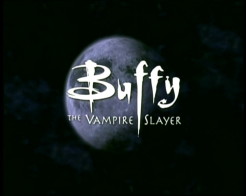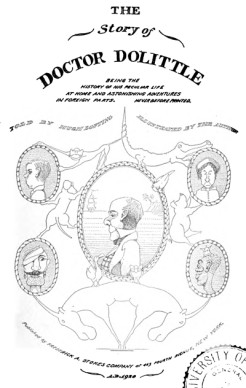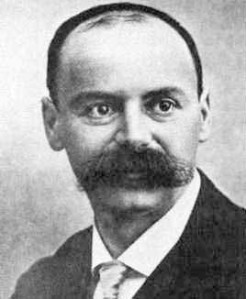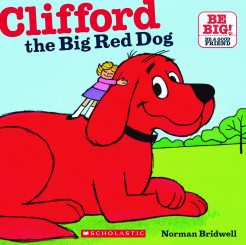In the span of the last two days, I complete revisions on my manuscript (CHICKEN SHACK), sent it off to my agent and began a new book.
Actually, I’ve started writing two new novels since finishing the initial draft of CHICKEN SHACK. I’m thinking of one of them (BUDO) as my primary book (at least 2,000 words a day with a goal of being finished by September) and the other (BETTY BOOP) as something that I will tinker with when I need a break from the first.
I’m fortunate, so my agent says, in that I have many, many ideas for books. Apparently there are quite a few outstanding writers in the world who have great difficulty coming up with an idea for their next novel. While this may someday be the case for me, I currently have about ten ideas that I’m excited about writing, so it should be a while before I’m stuck without an idea.
I was recently asked how the process of choosing the next idea happens and how much of a role my agent or editors plays in the process, so I thought that I’d address the question here, since I’m in that between-books moment right now.
About a month ago, as I was wrapping up work on CHICKEN SHACK and beginning to think about my next book, I sent a list of six ideas for my next novel to my agent. These ideas amounted to no more than a few sentences of description on what I thought the plot of the novel might be, though this is always subject to change since I have no idea where a book is going or how it will end until I actually get there. For example, the description of SOMETHING MISSING might have read:
A thief steals things from homes that go unnoticed, and as he continues to steal from the same people over and over again, he becomes uncommonly attached to his victims.
As you can see, this description leaves out a great deal, but most of the meat of a story comes from the actual writing. I had no idea that Martin would be obsessive-compulsive or socially awkward or develop a love interest until I started writing. These things only emerged once I started pounding on the keyboard. With all of my books and even my short stories, a description like the one above is all I ever have or need before I start working.
I wrote six descriptions similar to this one and sent them off to Taryn. A day or two later, she sent back the two ideas that she liked the best. One was a novel very similar to the style of my previous work, featuring a quirky, misunderstood protagonist who misunderstands the world around him. Since I have been successful with this type of story before, Taryn felt that this idea had a lot of potential.
The second was quite different from my previous work, a more fantastical story written in the first person that both intrigued and scared the hell out of me. Taryn liked this idea a lot because it was the kind of book that would appeal to a wide audience, including the young adult market. Adult-YA crossover books have been very successful as of late, and Taryn saw great potential in this book if it was written with both markets in mind.
My wife also read my list and chose the same two ideas as Taryn, so I took this as a good sign and assumed I had my winners. I’ve since begun work on the second idea as I wait for feedback from Taryn on the revisions to CHICKEN SHACK, and though the first person narration is proving to be as challenging as I had expected, the story seems to be pouring out of me rather easily.
I also starting tinkering with the least popular idea on my list, a book with a female protagonist who, in the estimation of most, would be difficult, if not impossible, to make likable. Being a contrarian, I was probably drawn to this idea simply because so many people (and especially women) told me that it would not work. I’ve written two chapters of this book so far, about 4,000 words in all, and I allowed Elysha and one other female friend read the chapters in order to get their initial reactions.
Both women grudgingly admitted that they liked the character and the story a lot.
So I’m spending at least six hours a day this summer working on BUDO unless CHICKEN SHACK comes back from Taryn with a request for further revision. If I write 2,000 words a day, not an unrealistic goal and one I expect to surpass on many days, I should have the book done by the end of September. Since my first three books each took about a year to write, this would be quick by my standards, but I’m never really had the opportunity to write fulltime before.
My editor will not enter this process until it’s time to for publisher to make an offer on the manuscript. While I know some writers and editors work closely on choosing the topic for the next book and developing the story, these tend to be authors with multi-book contracts, so the editor has a significant investment in what the author produces next. Because I am still new to the game and working on a book-to-book basis, my editor works hard on the most recent manuscript once my publisher and I agree to terms, but in regards to the book I’m currently working on, she may ask me about the book out of curiosity but she doesn’t play any role in its actual creation.
That role currently belongs to Taryn and my small but important army of readers, about half a dozen in all, who will read my latest manuscript, chapter by chapter, and offer input. These people are more important than Taryn or my editor could ever be. They provide me with the immediate feedback that I crave and the commentary which helps to guide the narrative.
I owe my initial readers a great deal.
And so that is the process, at least so far. With luck, Taryn will fall in love with the latest draft of CHICKEN SHACK, and once we decide on an actual title for the book, she will send it off to my editor at Doubleday Broadway, who will, with some luck, also fall in love with the manuscript and make me an offer I can’t resist. And sometime in September, I will find myself needing to choose another idea again, and the process will start all over, most likely with a few new ideas added to the mix.
Too many ideas and not enough time to write them all is a problem, but it’s not a terrible problem to have.
 Perhaps television in general would be better if we gave its writers more opportunities for revision.
Perhaps television in general would be better if we gave its writers more opportunities for revision.





